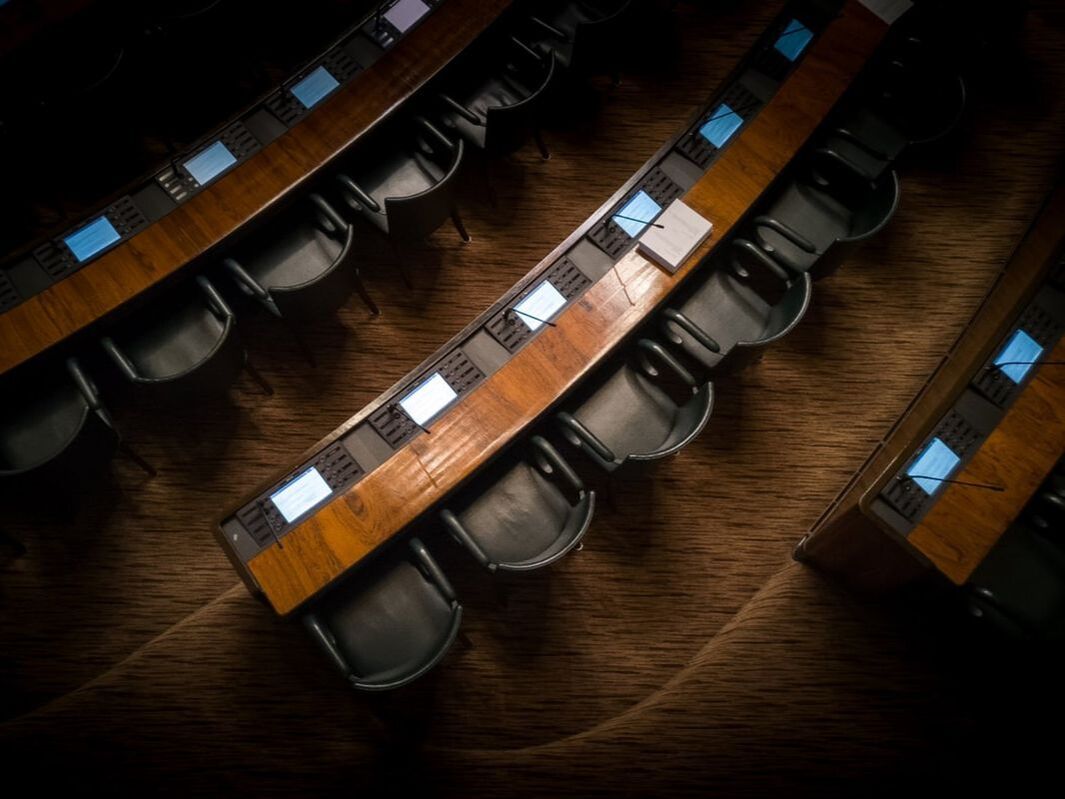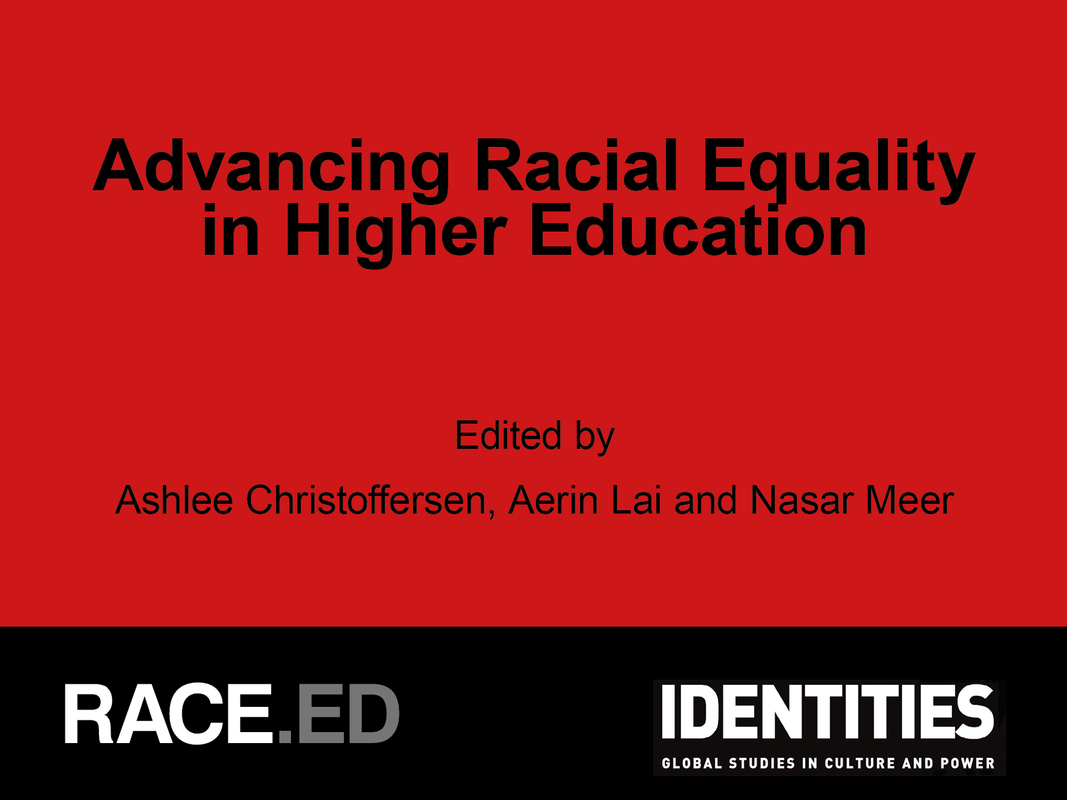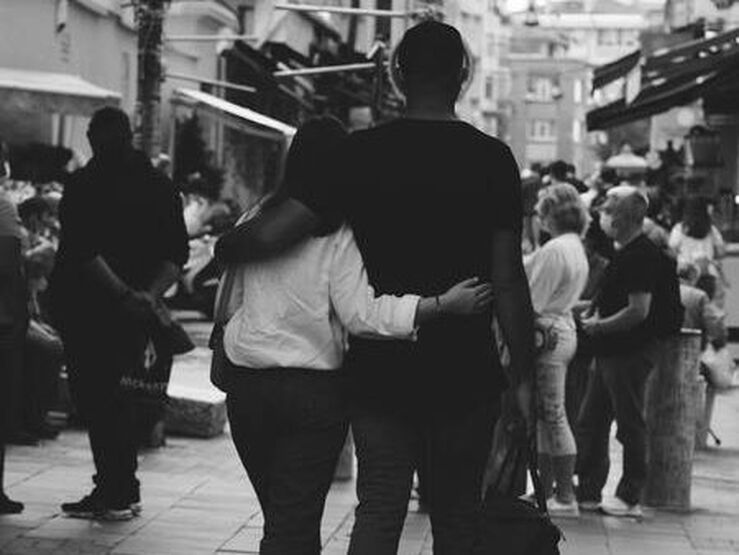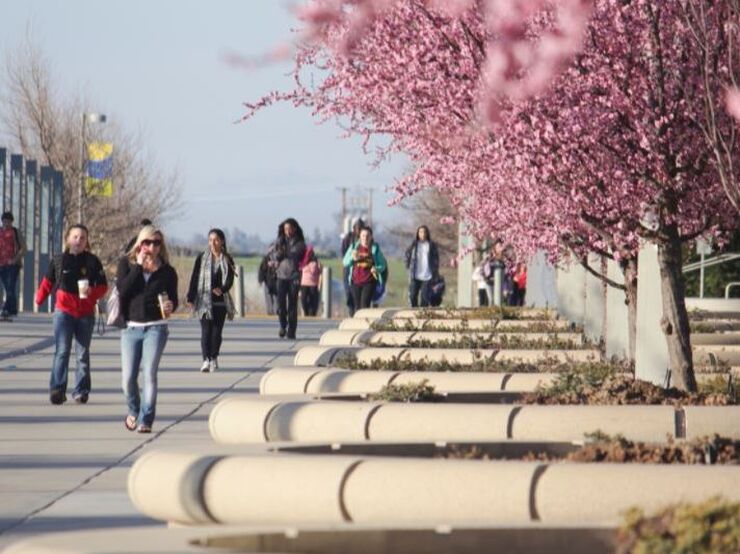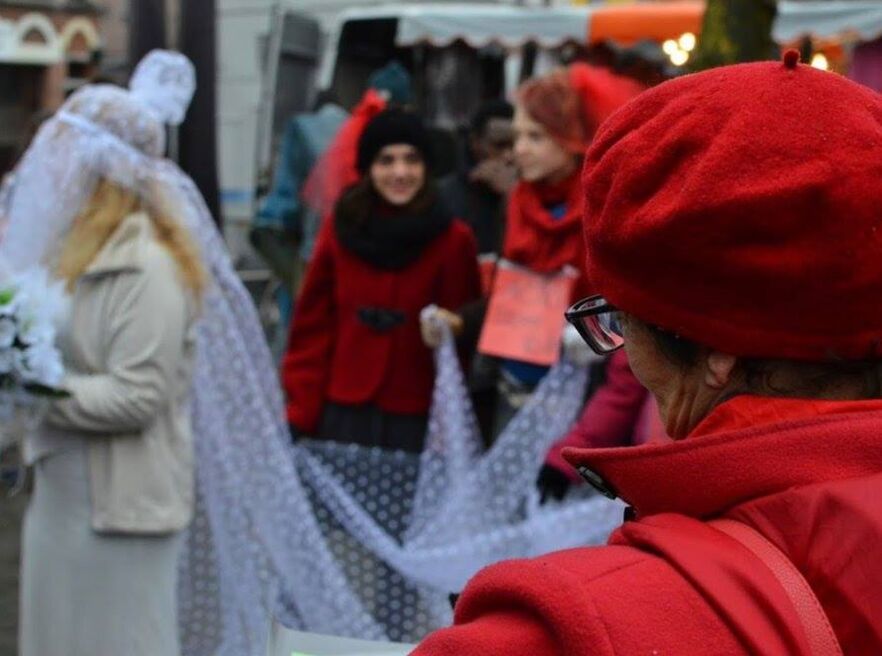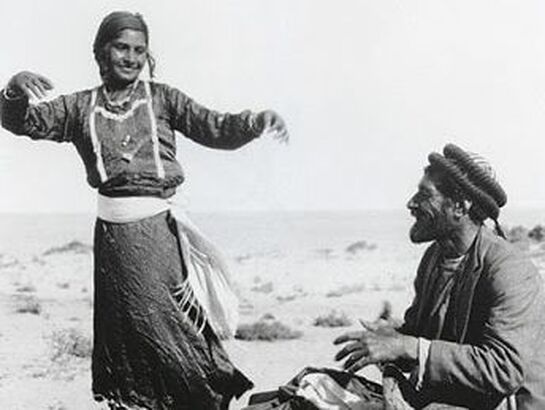|
|
|
Blog post by Nickesia Gordon, Rochester Institute of Technology, USA
The thematic focus of the July 2023 Commonwealth Parliamentary Association’s (CPA), Regional Conference on Women’s Political and Parliamentary Leadership once again underscores the need for greater equity as it pertains to women’s engagement in political leadership across the Caribbean. This event was hosted by the group, Commonwealth Women Parliamentarians from the CPA Jamaica Branch, under the theme, ‘Empowering Women in Politics and Parliament: Inspiring Leadership, Driving Change.’ As much as the title theme of the conference is telling, so too is the location in which it took place; namely, New Kingston, Jamaica, an upper middle class mixed residential and business neighbourhood populated by Jamaica’s elite.
0 Comments
Blog post by Ashlee Christoffersen, Aerin Lai and Nasar Meer, University of Edinburgh, UK
RACE.ED and Identities: Global Studies in Culture and Power have published a new collection of essays exploring racial justice work in higher education, titled Advancing Racial Equality in Higher Education. The collection follows on from the event “Racial Equity Work in the University and Beyond: The Race Equality Charter in Context”, which explored what racial equality means in higher education and was organized following publication of the report of a large-scale review of the Race Equality Charter. Advance HE’s Race Equality Charter (REC) is a UK wide programme that began in 2016 aiming to improve the representation, progression and success of Black, Asian and minority ethnic staff and students[i] within higher education. REC is one tool for addressing racial injustice in higher education institutions.
In majority white countries, the Black Lives Matter protests that unfolded after the murder of George Floyd were accompanied by the intensification of public debates on systemic racism and white allyship. Some media focused on Black-white couples, discussing the impact of these events on white partners’ understanding of anti-black racism in their Black partners’ lives. As part of the ERC-funded project ‘Regulating Mixed Intimacies in Europe (EUROMIX), over the past four years I have explored Black-white couples’ experiences of racism and discrimination in their everyday lives.
Drawing from ethnographic fieldwork I conducted in 2018-2019, my Identities article, ‘Interracial couples and the phenomenology of race, place and space in contemporary England’, looks at partners’ perceptions of dis/comfort and un/safety across different contexts: when they jointly move in public spaces, choose where to make home, and travel for leisure. By juxtaposing these scenes, the article foregrounds a multi-layered economy of constraint and choice underpinning the lives of the opposite and same-sex couples that I have met and/or interviewed.
Undocumented youth, or those young people living in the United States without legal immigration status, encounter significant challenges at important moments in their life, such as looking for their first part-time job or securing a driver’s licence. When they apply for college, they find they are ineligible for many scholarships and all forms of federal financial aid. For many scholars, these significant challenges mean that being undocumented functions as a ‘master status’ – a key aspect of their identity that has a marked influence on their life experiences. Scholars such as Roberto Gonzales argue that for some undocumented youth, ‘learning to be illegal’ is synonymous with experiences of exclusion during the transition to adulthood.
Although legal status certainly shapes undocumented youths’ experiences in applying to and attending college, Laura Enriquez reminds us that other aspects of undocumented students’ identity, such as race or class, also play a significant role in persistent inequalities that shape undocumented college students’ experiences – particularly those feelings of not belonging on a college campus. Enriquez shows that being poor and a first-generation college student influences undocumented students’ likelihood of stopping out of school both earlier in the life course and to greater effect than legal status does. Consequently, she concludes that undocumented status does not function as a master status, but rather, serves as a ‘final straw’ that imparts feelings of not belonging rooted in exclusionary experiences, which tip the scale in the direction of withdrawing or dropping out of college. Her research questions whether undocumented status acts as a master status at all, choosing instead to underscore its affective and relational influence when combined with other master status identities such as race or class.
In France and Belgium, residence permits issued to migrants from the global south married to French or Belgian citizens have consistently risen since the mid-1990s. These unions – depicted as a legal loophole that give migrants cover to secure residency, sometimes by taking advantage of unsuspecting citizens, and as fuel for ‘ethnic separatism’ when migrants marry citizens of migration background – have been targeted by law reforms in the 2000s designed to discourage them and hurdle consequent applications for temporary and permanent residence, and citizenship acquisitions.
My Identities article, ‘Family rights-claiming as act of citizenship: an intersectional perspective on the performance of intimate citizenship’, examines the enforcement of such provisions and its climate from the standpoint of French and Belgian citizens who want to marry or are already married to non-European migrants. Precisely, it draws on the experiences of national partners who, seeking legal help from non-governmental organisations (NGOs), participate in their advocacy actions. Some partners wish to overcome minute, intrusive and discretionary migration controls and administrative blockages for marrying or applying for residence, while others seek the annulment of their marriage claiming to have been cheated by their migrant partners. Although diametrically opposed, the intimate and administrative experiences of these partners erode the boundaries between their intimacy and citizenship.
The Domari Gypsy community of Jerusalem is relatively small; estimates suggest it comprises around 111 families. The numbers are larger in Gaza and the West bank, where it is estimated there are 15,000. Many Palestinians and Israelis are not aware that this community lives at the heart of city.
In the Arab world, and East Jerusalem included, Domari people are referred to as 'Nawar', a term which is said to be derived from fire. The Tribal Leader of the Domari in Jerusalem says that the word 'Nawar' (related to Noor or ‘light’ in Arabic) was given to them because they came to Jerusalem with the Muslim fighter Noor Al Din Zenki who fought alongside Salah Al-Din in 1187. Another suggested reason for the name is that many of the Domari worked as blacksmiths who used fire. However, stigma and discrimination against the community has led the name 'Nawar' to be filled with negative connotations; the word has evolved to describe unruly behaviour, as an insult, and is very much in use in conversation today. I started researching the Domari community in Jerusalem in 2017. Getting members of the community to engage in this research was not easy. Palestinians residing in occupied East Jerusalem, including the Domari community, are in constant fear and suspicion of people asking questions about their lives, due to the fact that they do not have settled citizenship status in Israel and they only have residency permits. Following the occupation of East Jerusalem, Israel granted the Palestinian community and the Domari community living there residency status. With no citizenship status in any other country, their fragile legal status makes them reluctant to share information about their lives, as they fear they risk losing their residency rights. |
|
Explore Identities at tandfonline.com/GIDE |
|
The views and opinions expressed on The Identities Blog are solely those of the original blog post authors, and not of the journal, Taylor & Francis Group or the University of Glasgow.
